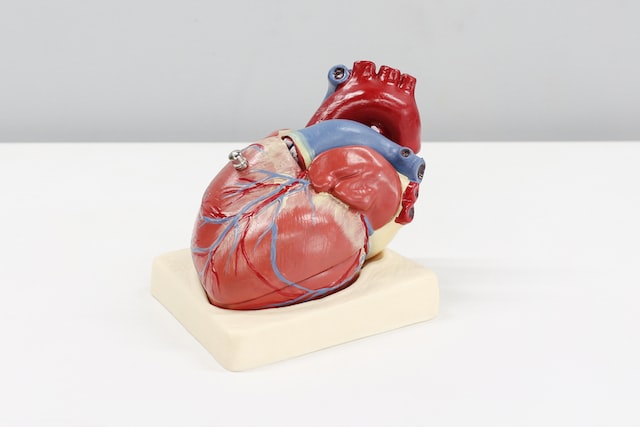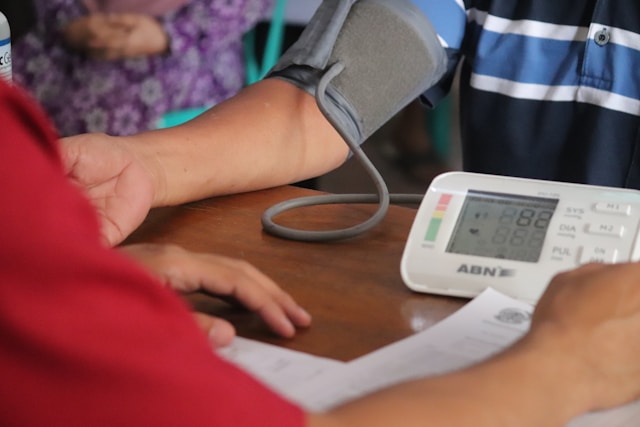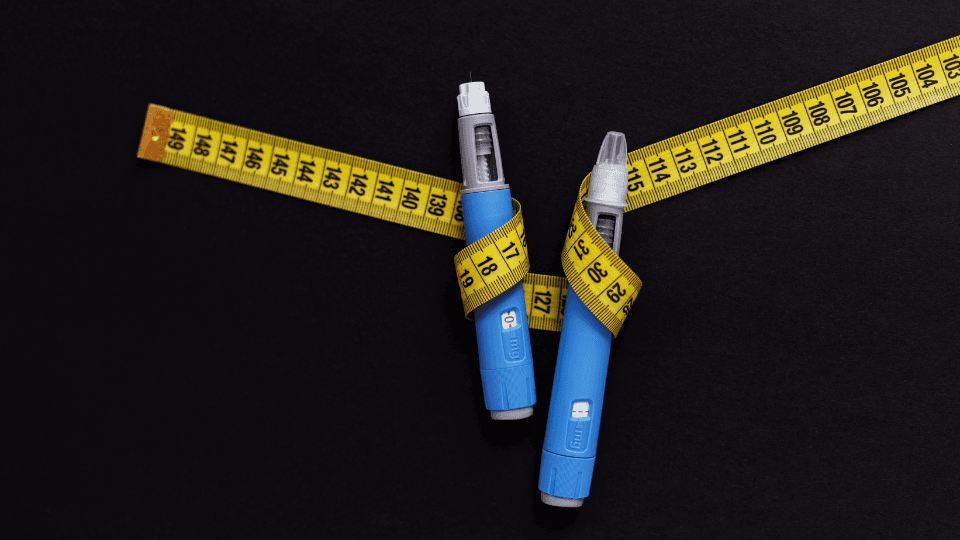Back
Dec 14, 2022
Exercise and your heart

Gabriella Florence | Sports Scientist
The American Heart Association has classified physical inactivity as a major risk factor for cardiovascular (heart) disease and associated mortality. Fortunately, this is one risk factor that we all have the power to change. According to one study, exercise can reduce cardiovascular mortality by up to 59%. It’s astonishing how one lifestyle change can have such a profound effect, isn’t it?
What is the evidence?
Regular exercisers are far less likely to have a cardiac event (such as a heart attack) compared with non-exercisers. In fact, research suggests that a non-exerciser’s risk of having a cardiac event is 50 times higher than that of a regular exerciser.
According to other research, regular exercise supports your heart health by promoting weight reduction, lowering blood pressure, boosting insulin sensitivity, reducing ‘bad’ cholesterol, and increasing ‘good’ cholesterol. However, these changes do not occur overnight; exercise will need to become a regular habit of yours in order to reap the cardiovascular benefits.
Even if you are healthy (you have no underlying medical conditions), regular exercise is still crucial. To put this into perspective, one study showed that unfit, but healthy people have a 4.5 times greater mortality risk than their fit counterparts.
How much exercise should you be doing for heart health?
Aim for at least 30 minutes of moderate-intensity exercise (similar to brisk walking) five days per week. You can complete shorter 10-minute workouts throughout the day if this suits you better; it all adds up.
There are also some easy modifications that you can make to boost your exercise time on a given day. For example, take the stairs instead of the elevator, walk or cycle your commute, or park further away from where you need to be.
What type of exercise is best for heart health?
While all forms of exercise are beneficial, aerobic exercise modalities may be best for the sake of helping your heart, such as walking, running, cycling, swimming, dancing, cross-country skiing, and elliptical machines.
If you are new to exercise, it is important that you first consult your doctor for medical clearance.
To make regular exercise a habit, the most important step is to get started. Not only will exercise help to safeguard your heart, but it will also improve your fitness capacities, other physical health parameters, and your mental health. But remember, exercise cannot outdo other unhealthy lifestyle behaviours, such as a poor diet, smoking, or consuming heavy quantities of alcohol.
Exercise should be a tribute to your heart; to thank it for keeping you alive by beating non-stop each day. Use your beats wisely.












